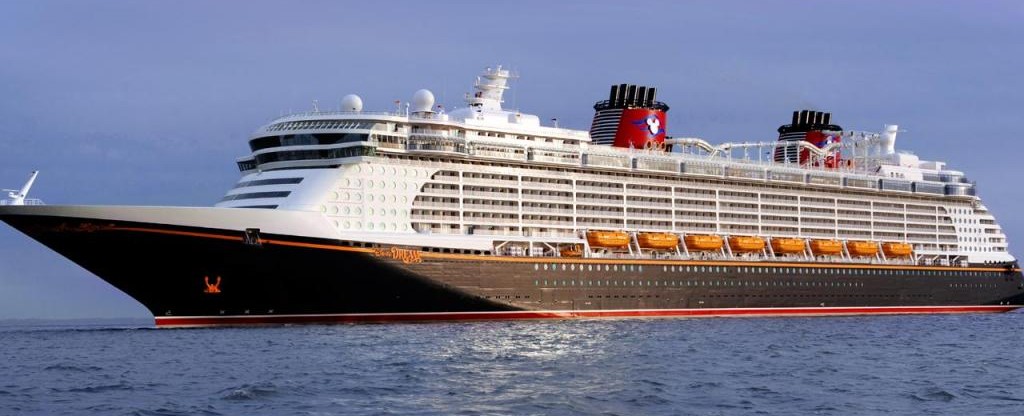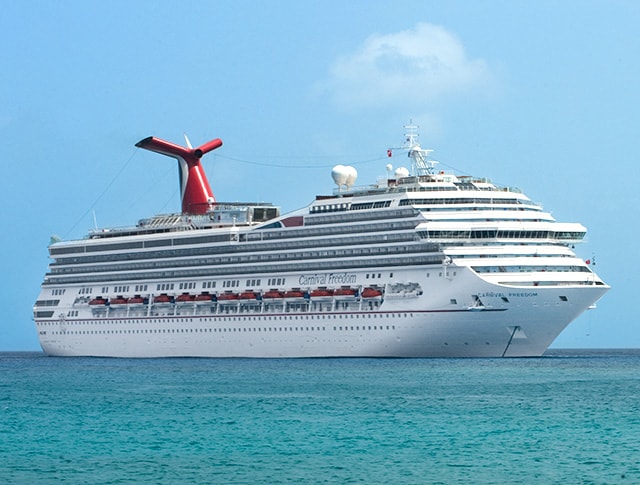
One way to ensure that you have plenty of money when traveling abroad is to use your home bank's ATM/debit card. Many banks allow customers to set up travel notifications through their website or app, so if you want to withdraw money abroad, you can withdraw your funds using your card. If you do not know what the fee for using an international ATM is before you leave, it's a good idea to call your bank. Alternatively, you can also use a digital wallet.
Avoid credit card fraud abroad
It is best to only use your credit card for high-security purchases when you travel abroad. Use a four-digit PIN that will work with the card's microchip to increase security. This functionality is not available on all credit cards. Make sure you update your contact information before you leave the country. If you don’t possess a chipcard, you may also be able to use a Signature Card.

Avoid foreign transaction fees
If your credit card allows international use, you should check the international transaction fee. These fees can be very costly, especially for frequent travelers. If you want to avoid these fees, open a new bank account with a bank that does not charge for overseas transactions. Here are some ways you can avoid paying these fees. To determine the equivalent price per unit in local currency, you can use a currency exchange app.
Using an ATM card
Using an ATM card when traveling abroad can be advantageous in a number of ways. You can avoid paying high fees for cash withdrawals in foreign countries. ATM machines are usually equipped with an option that lets you select the foreign currency you wish to use. In such cases, the ATM owner may attempt to amend transaction amounts through the card issuer. However, if you want to make sure that your account is debited correctly, you must contact your bank first.
Use a digital wallet
Digital wallets are increasingly popular with tourists as well as business travelers. You can pay instantly, manage your digital portfolio easily, securely, and even access online casinos. You can make deposits to your digital account, withdraw your winnings quickly, and trade cryptocurrencies even if you're not at home. Your digital wallet will allow you to pay merchants directly.
Small bills
Traveling abroad requires you to bring small bills. You can always break down larger bills to smaller ones, but it is always advisable to carry some cash on hand as well. One dollar bills are a good choice for small tips. Porters, taxi drivers, or valet parkers typically ask for $1 per bag. ATMs are easy to find, but may not be in the vicinity you're visiting. Carry small bills in your purse or wallet as well, as you never know when you'll need some extra money.

Forex card using
If you're traveling abroad, you've probably considered using a Forex card to exchange currencies. Forex cards used to be limited-currency cards and were meant for one country only. Most banks now offer multi-currency forex card, which allows you to load multiple currencies at once. Forex cards are a great way to exchange currency, regardless of whether you plan to travel to multiple countries or just a few days.
FAQ
What is the first thing you should do upon arriving at your travel destination
Always have a plan in place for when your arrive at a new location. It helps you know what to expect and where to go next.
Planning ahead is essential to avoid being late for any important events.
For instance, if your trip to a city lasts more than one hour, research which landmarks, museums, and parks you'd like.
A map of the area is a great way to start researching the region's past.
What size luggage should I carry?
The length of your trip will determine how much luggage you need. You will only need to bring hand luggage if you're traveling by plane. This is typically less than 20kg. If you are traveling by plane, you only need hand baggage, usually less than 20kg.
When you arrive at the airport, you will be given a form to fill out with details of your flight. This form will ask for information such as your baggage weight and if you require assistance to check them in.
This should be checked before you leave home. If you don’t check it, you might end up waiting hours for everyone else to do so.
It is best to travel light because you never know what might happen. If your bag is lost or damaged, you will not have any clothes.
Which countries have the best food?
Each country has its own cuisine. It's therefore difficult to identify the best countries for food.
However, we can tell which countries have the best food!
TripAdvisor users have ranked the following countries as their top three.
-
Italy - Italy has been voted the number 1 destination by TripAdvisor users thanks to its fantastic food.
-
France - France was second due to its rich culture.
-
Spain - Spain came in third because of its stunning beaches and amazing weather.
Statistics
- Alcoholic beverages with more than 24% but not more than 70% alcohol are limited in checked bags to 5 liters (1.3 gallons) per passenger and must be in unopened retail packaging. (tsa.gov)
- Pack sweaters, jackets, and underwear in reusable compression bags creating up to 75% more space in your luggage. (wikihow.com)
- You can use compression sacs or cubes to reduce the volume of your clothes by up to 80%—this is especially convenient for bulky items such as sweaters and jackets. (eaglecreek.com)
- No Checked Bags: No Alcoholic beverages with more than 70% alcohol (over 140 proof), including grain alcohol and 151 proof rum. (tsa.gov)
- Alcoholic beverages with 24% alcohol or less are not subject to limitations in checked bags. (tsa.gov)
External Links
How To
How to Find Cheap International Flights
Cheap International Flight Searching has become very popular due to the rise of online travel agencies (OTAs) such as Expedia, Travelocity, Orbitz, Priceline, etc., which offer low airfares at discounted prices.
You should be aware that there are many factors which can influence your search results for international cheap flights. These factors are:
-
Choose the type of airline that you prefer.
-
Your destination city.
-
Your departure date.
-
Your arrival date.
-
The length of your stay.
-
The number of people travelling together.
-
Passengers' age group.
-
Whether you want to fly during peak season or off-season.